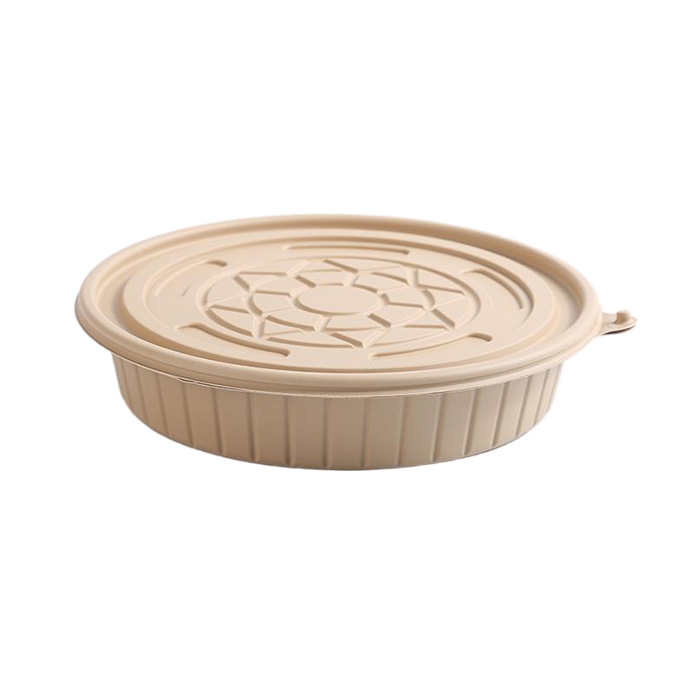The Role of Regulators in Mechanical Fuel Pump Systems: A Comprehensive Analysis
In the world of automotive engineering, the fuel delivery system plays a crucial role in ensuring the efficient and reliable operation of an engine. Among the various components of this system, the fuel pump holds a significant position. However, a question often arises: Does a mechanical fuel pump need a regulator? In this blog post, we will delve into the intricacies of mechanical fuel pumps, explore the necessity of regulators, and shed light on their role in optimizing fuel delivery.
- Understanding Mechanical Fuel Pumps:
Mechanical fuel pumps are commonly found in older vehicles and some performance-oriented applications. These pumps are typically driven by the engine's camshaft or a dedicated eccentric lobe. Their primary function is to draw fuel from the tank and deliver it to the carburetor or fuel injectors at the required pressure. - The Need for Fuel Pressure Regulation:
While mechanical fuel pumps are capable of delivering fuel, they lack the ability to regulate the pressure effectively. This is where fuel pressure regulators come into play. A regulator acts as a control valve, maintaining a consistent and optimal fuel pressure within the system. Without a regulator, the fuel pump would continuously deliver fuel at a fixed pressure, leading to potential issues. - Optimizing Fuel Delivery:
A fuel pressure regulator ensures that the fuel pressure remains within the manufacturer's specified range, regardless of variations in engine load or speed. By maintaining a constant pressure, the regulator prevents excessive fuel flow, which can result in flooding the carburetor or overwhelming the fuel injectors. This optimization leads to improved fuel efficiency, reduced emissions, and enhanced engine performance. - Preventing Vapor Lock:
One critical aspect of fuel pressure regulation is its role in preventing vapor lock. Vapor lock occurs when the fuel in the lines or carburetor becomes vaporized due to excessive heat, causing a disruption in the fuel delivery process. A regulator helps maintain the appropriate pressure, reducing the likelihood of vapor lock and ensuring a consistent fuel supply to the engine. - Compatibility with Modern Fuel Systems:
While mechanical fuel pumps were prevalent in the past, modern vehicles predominantly utilize electronic fuel injection systems. These systems require precise fuel pressure control, which mechanical pumps alone cannot provide. Therefore, regulators have become an integral part of fuel delivery systems in modern vehicles, ensuring compatibility and optimal performance.
Conclusion:
In conclusion, the inclusion of a fuel pressure regulator in a mechanical fuel pump system is essential for maintaining optimal fuel pressure, preventing issues such as flooding, vapor lock, and ensuring compatibility with modern fuel systems. By regulating the pressure, the fuel delivery system can operate efficiently, resulting in improved fuel economy, reduced emissions, and enhanced engine performance. Understanding the role of regulators in mechanical fuel pump systems is crucial for automotive enthusiasts, mechanics, and engineers alike, as it allows for the effective design and maintenance of fuel delivery systems.




